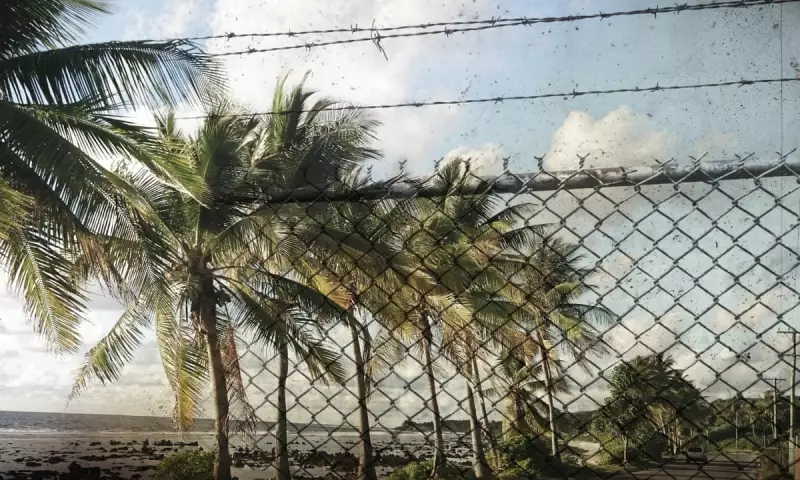
Despite the Australian government pouring an astonishing A$15 million per person annually into its offshore processing system on Nauru, refugees and asylum seekers are experiencing severe hunger and inadequate living conditions, according to distressing new reports.
The Billion-Dollar Paradox
An investigation into Australia's controversial offshore processing regime has uncovered a shocking contradiction: while taxpayers fund one of the world's most expensive immigration systems, those at the centre of it are struggling to meet basic nutritional needs.
Current and former refugees speaking from Nauru describe situations where people are skipping meals and going hungry, despite the enormous financial investment. "We are not eating properly," one refugee revealed, painting a bleak picture of daily life on the island nation.
Where is the Money Going?
The A$15 million per person price tag raises serious questions about financial management and accountability. Sources indicate that:
- Substantial portions of funding are directed to private contractors and security firms
- Overhead costs and administrative expenses consume significant resources
- Actual direct support for refugees represents a fraction of total expenditure
This financial model has drawn criticism from human rights organisations and policy analysts who argue the system prioritises containment over care.
A Decade of Offshore Processing
Australia's offshore processing policy, which celebrated its tenth anniversary recently, continues to attract international condemnation. The arrangement with Nauru has:
- Cost Australian taxpayers billions of dollars over the past decade
- Failed to provide adequate living conditions despite massive funding
- Resulted in ongoing physical and mental health crises among detainees
Medical professionals and humanitarian workers report deteriorating health conditions among the refugee population, with nutritional deficiencies becoming increasingly common.
International Response and Future Implications
The situation on Nauru continues to draw scrutiny from United Nations agencies and international human rights organisations. Many are calling for:
- Immediate improvement to living conditions and food provision
- Greater transparency in how funds are allocated and spent
- Alternative approaches to refugee processing that prioritise human dignity
As the Australian government faces mounting pressure to reform its immigration policies, the plight of those on Nauru serves as a stark reminder of the human cost of offshore processing arrangements.
The ongoing crisis highlights the complex challenges facing refugee policy worldwide and raises fundamental questions about the effectiveness and humanity of current approaches to asylum seeker management.





